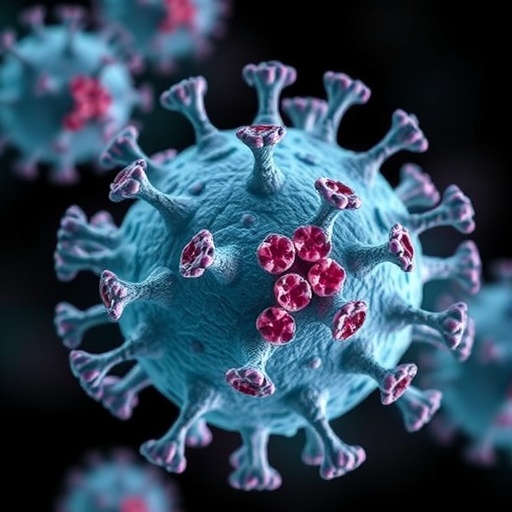Recent research has shed light on the enigmatic relationship between viral infections and autoimmune disorders, with a groundbreaking study exploring this connection in the context of Sjögren’s disease (SjD). Sjögren’s disease is a chronic autoimmune condition characterized primarily by lymphocytic infiltration of exocrine glands, leading to dry mouth and dry eyes, but its precise etiological drivers remain elusive. The study, conducted by Zhang et al., elucidates a novel virome signature in the saliva of patients with SjD and uncovers a compelling mechanistic link implicating a viral agent in triggering pathogenic autoimmunity.
In conclusion, Zhang and colleagues’ work delineates a compelling viral connection in Sjögren’s disease pathogenesis, highlighting Vientovirus capsid protein’s molecular mimicry of SSA/Ro52 autoantigens as a key driver of autoimmunity. Their comprehensive approach substantiates the viral trigger hypothesis, offering new vistas in understanding, diagnosing, and treating this enigmatic autoimmune syndrome.


